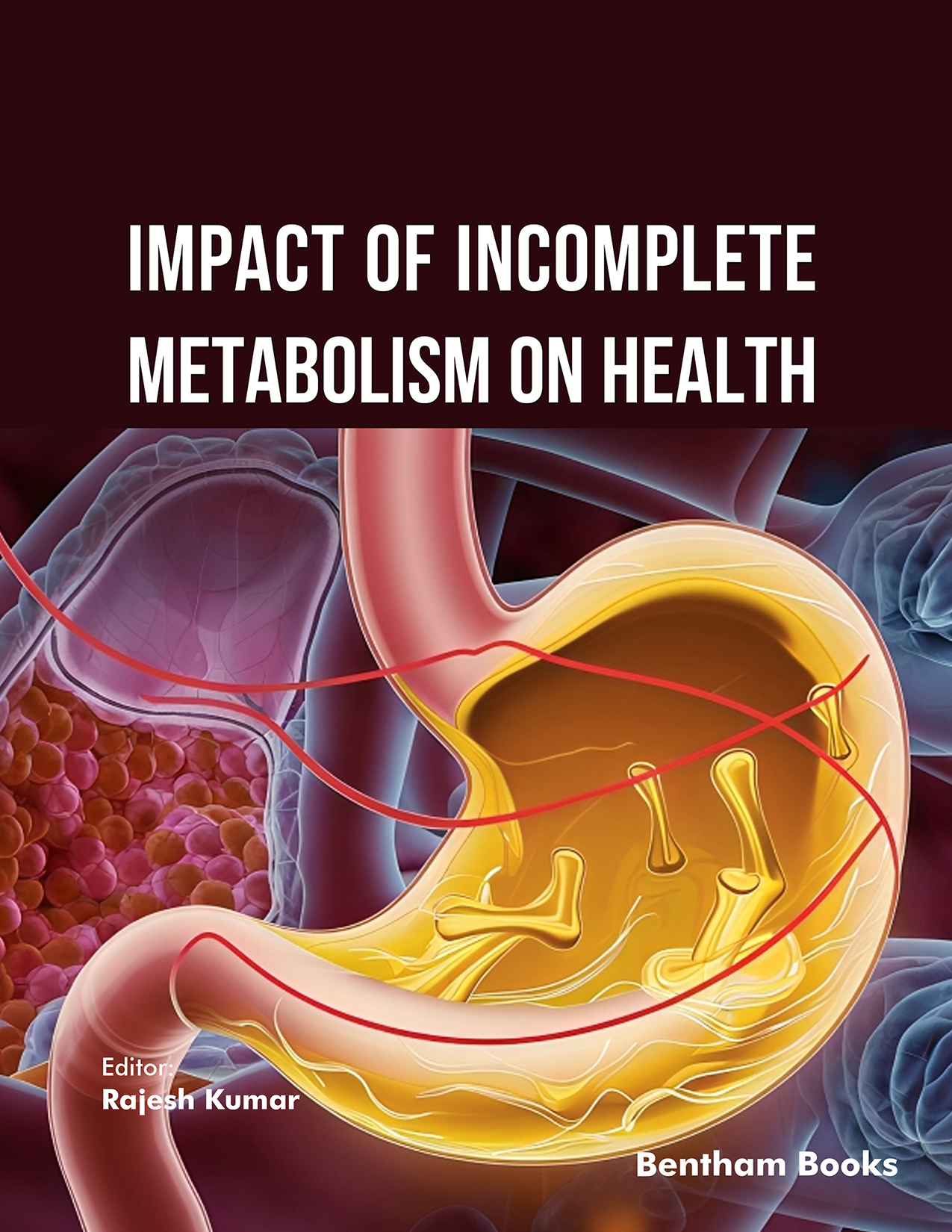Introduction
Impact of Incomplete Metabolism on Health uncovers how the buildup of toxic intermediates, enzyme deficiencies, and pathway impairments destabilize metabolic homeostasis. These disruptions contribute to chronic diseases, oxidative stress, mitochondrial dysfunction, and a wide range of cellular abnormalities.
The book begins with the fundamental principles of metabolism and then systematically explains the biochemical origins of incomplete reactions and their physiological consequences. Subsequent chapters explore metabolic syndrome, inborn errors of metabolism, and other clinically significant disorders arising from flawed metabolic pathways. The later sections delve into diagnostic strategies, therapeutic innovations, and emerging fields such as nutrigenomics, enzyme replacement therapy, and personalized metabolic medicine.
Supported by contemporary research, detailed pathway illustrations, and case-based clinical insights, this book serves as both an academic foundation and a practical guide for understanding the biochemical roots of human disease.
Key Features
- - Clarifies the biochemical basis and clinical implications of incomplete metabolic processes.
- - Illustrates metabolic pathways through detailed, accurate, and easy-to-understand diagrams.
- - Connects theoretical concepts to real-world practice using case studies and clinical correlations.
- - Integrates updated research across biochemistry, molecular biology, and clinical medicine.
- - Explores diagnostic tools, therapeutic approaches, and emerging personalized interventions.
Target Readership:
For medical, pharmaceutical, and life science students, researchers, and clinicians studying metabolic disorders. Also valuable for nutritionists, biotechnologists, and healthcare professionals seeking deeper insight into metabolic dysfunction.

